Case Study: Implementing Transport ERP for MKSK Business
Case Study: Implementing Transport ERP for MKSK Business
Introduction
MKSK Business, a leading cement distributor, operates across multiple regions of North India, distributing products from prominent cement manufacturers such as Ultratech, MP Birla, Gallant, JK, and others. The company faced operational challenges in tracking consignments, managing warehouse operations, and integrating finance and accounts seamlessly. To address these issues, MKSK Business implemented an Enterprise Resource Planning (ERP) system to centralize operations, improve efficiency, and enhance decision-making.
Company Profile
- Name: MKSK Business
- Industry: Cement Distribution
- Products: Ultratech, MP Birla, Gallant, JK, and other cement brands
Challenges Faced
- Fragmented Processes:
Separate systems for consignment tracking, warehouse management, and finance led to duplication of efforts and errors. - Limited Visibility:
Inability to track consignments in real-time from loading to delivery created operational inefficiencies and customer dissatisfaction. - Warehouse Inefficiencies:
Manual processes for inventory tracking and order fulfillment resulted in delays and stock discrepancies. - Finance and Accounts Integration:
Delayed reconciliation of accounts and limited financial visibility impacted decision-making. - Scalability Issues:
As the business expanded, the existing systems struggled to handle increased operational complexity.
Solution Implementation
To overcome these challenges, MKSK Business hired Indian Technology Company to develop a comprehensive ERP Solution tailored to the cement distribution industry. The implementation focused on automating core processes, ensuring real-time data flow, and integrating all business functions.
ERP Features Implemented
1. Consignment Tracking
- Real-time tracking of consignments from loading at the warehouse to delivery at client locations.
- POD updates on delivery status and delays.
- Integration with GPS-enabled devices for truck monitoring.
2. Warehouse Management
- Digital inventory tracking for incoming and outgoing stock.
- Automated reorder alerts based on minimum stock levels.
- Optimized space utilization with a structured inventory layout.
3. Finance and Accounts Integration
- Real-time synchronization of sales, purchases, and expenses with accounting modules.
- Automated tax calculation and compliance reporting.
- Comprehensive dashboards for financial analysis and cash flow management.
6. Reporting and Analytics
- Customizable reports on consignment delivery performance, inventory levels, and financial metrics.
- Predictive analytics to forecast demand and optimize inventory.
7. Scalability and Accessibility
- Cloud-based deployment allowed seamless scalability as the business grew.
- Multi-user access with role-based permissions ensured data security.
Implementation Phases
Phase 1: Assessment and Planning
- Conducted stakeholder meetings to identify pain points and define system requirements.
- Developed a phased implementation roadmap to minimize disruptions.
Phase 2: ERP Customization
- Tailored modules to align with the unique needs of cement distribution, including consignment tracking and warehouse operations.
- Integrated GPS systems for truck tracking.
Phase 3: Deployment
- Migrated existing data to the ERP system.
- Deployed the solution across warehouses and offices.
Phase 4: Training and Go-Live
- Conducted training sessions for staff across departments.
- Provided a dedicated support team during the initial months post-deployment.
Results Achieved
1. Improved Operational Efficiency
- Automated workflows reduced manual effort, saving 20% of operational time.
- Real-time consignment tracking eliminated delays and improved client satisfaction.
2. Enhanced Warehouse Management
- Digital inventory tracking reduced stock discrepancies by 30%.
- Faster order fulfillment improved delivery timelines by 25%.
3. Financial Accuracy and Visibility
- Integrated financial reporting reduced reconciliation errors by 40%.
- Real-time dashboards provided actionable insights for better decision-making.
4. Scalability
- Cloud-based architecture supported business growth without significant additional costs.
- The system could easily onboard new products and distribution channels.
5. Customer Satisfaction
- On-time deliveries and improved communication increased customer satisfaction scores by 15%.
Lessons Learned
- Custom Solutions Work Best: Tailoring the ERP system to the specific needs of cement distribution ensured higher adoption rates.
- Phased Implementation Reduces Risks: Gradual deployment minimized disruptions to daily operations.
- Continuous Training is Key: Regular training sessions helped employees maximize the ERP’s potential.
Conclusion
The implementation of a customized ERP system revolutionized MKSK Business’s operations, providing end-to-end visibility and control over consignment tracking, warehouse management, and finance. The ERP system not only addressed the company’s immediate challenges but also positioned it for future growth, scalability, and customer satisfaction. MKSK Business stands as a testament to how technology can transform traditional distribution processes into efficient, data-driven operations.

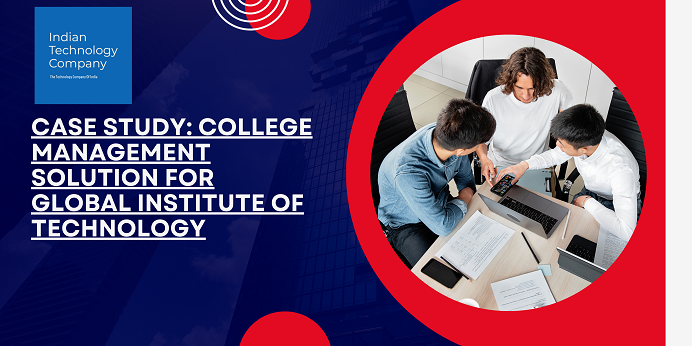
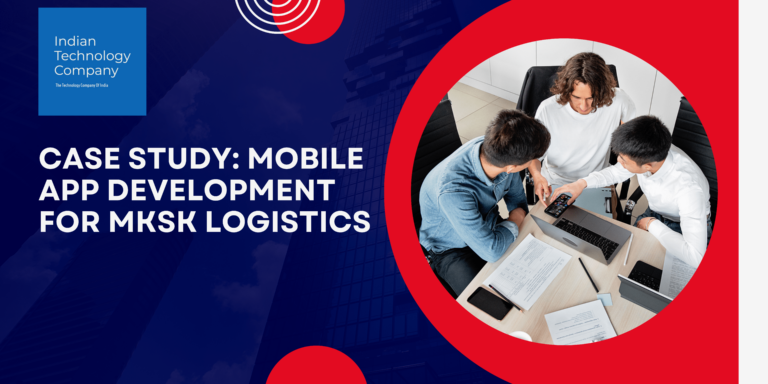
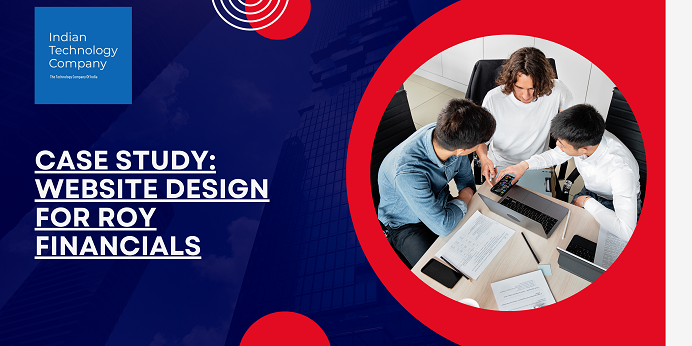
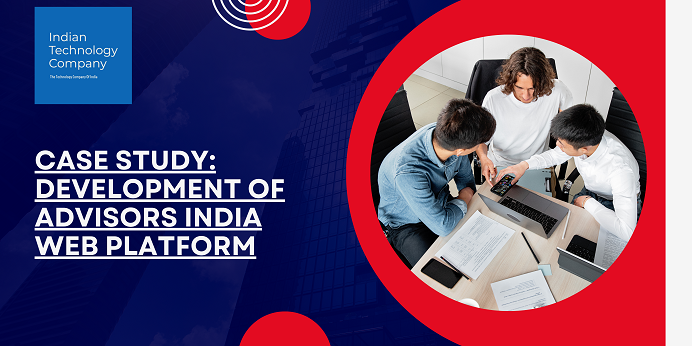
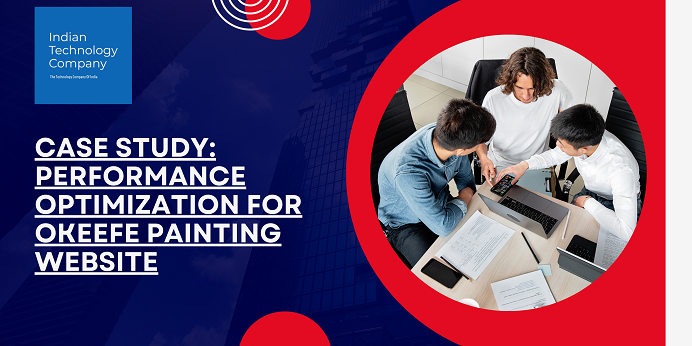
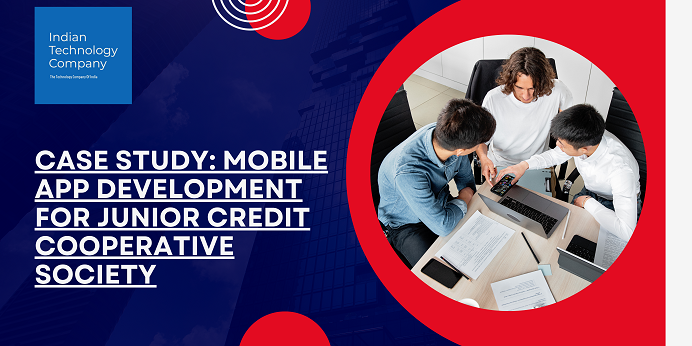

There is clearly a bundle to know about this. I feel you made various nice points in features also.
You have remarked very interesting points! ps decent website . “There is no vice so simple but assumes some mark of virtue on his outward parts.” by Mary Bertone.
Hey! I know this is kind of off topic but I was wondering which blog platform are you using for this website? I’m getting tired of WordPress because I’ve had problems with hackers and I’m looking at alternatives for another platform. I would be awesome if you could point me in the direction of a good platform.
You can certainly see your skills in the work you write. The world hopes for even more passionate writers like you who aren’t afraid to say how they believe. Always follow your heart.
I like what you guys are up also. Such intelligent work and reporting! Carry on the superb works guys I’ve incorporated you guys to my blogroll. I think it’ll improve the value of my site :).
Hiya, I’m really glad I’ve found this info. Today bloggers publish just about gossips and web and this is really frustrating. A good web site with interesting content, this is what I need. Thank you for keeping this web-site, I will be visiting it. Do you do newsletters? Can’t find it.
Thanks for ones marvelous posting! I quite enjoyed reading it, you can be a great author.I will make certain to bookmark your blog and will eventually come back later in life. I want to encourage continue your great posts, have a nice weekend!
I’d forever want to be update on new blog posts on this site, saved to bookmarks! .
I like what you guys are up too. Such intelligent work and reporting! Carry on the superb works guys I have incorporated you guys to my blogroll. I think it’ll improve the value of my site 🙂
Those are yours alright! . We at least need to get these people stealing images to start blogging! They probably just did a image search and grabbed them. They look good though!
I conceive this internet site contains very excellent written content material posts.
When I initially commented I clicked the “Notify me when new comments are added” checkbox and now each time a comment is added I get three e-mails with the same comment. Is there any way you can remove people from that service? Thank you!
Does your blog have a contact page? I’m having a tough time locating it but, I’d like to shoot you an e-mail. I’ve got some suggestions for your blog you might be interested in hearing. Either way, great website and I look forward to seeing it develop over time.
Wonderful site. Lots of helpful info here. I am sending it to some buddies ans additionally sharing in delicious. And of course, thanks in your effort!
I’ve recently started a blog, the information you offer on this site has helped me tremendously. Thank you for all of your time & work.
Thanks for the good writeup. It in fact used to be a leisure account it. Glance complex to more delivered agreeable from you! By the way, how could we keep in touch?
I was just searching for this information for some time. After 6 hours of continuous Googleing, at last I got it in your site. I wonder what is the lack of Google strategy that do not rank this type of informative websites in top of the list. Generally the top web sites are full of garbage.